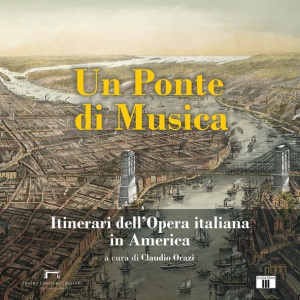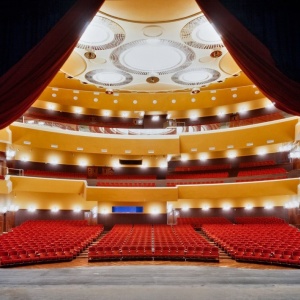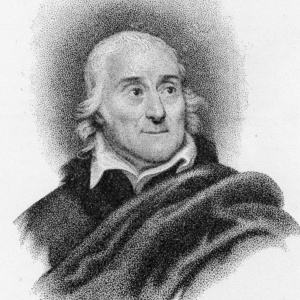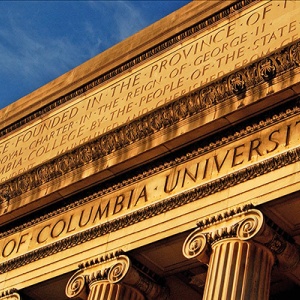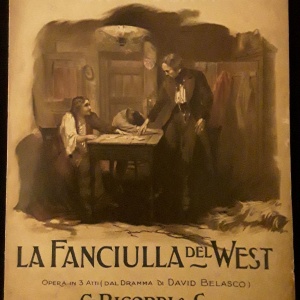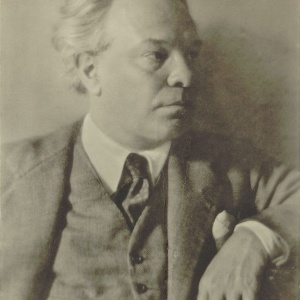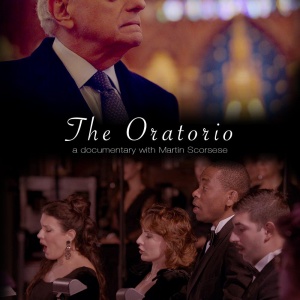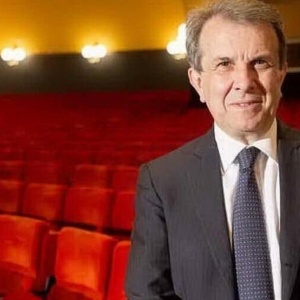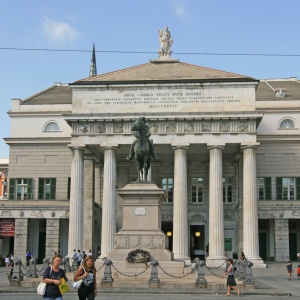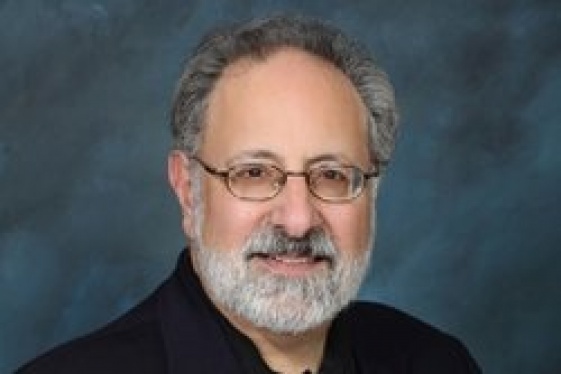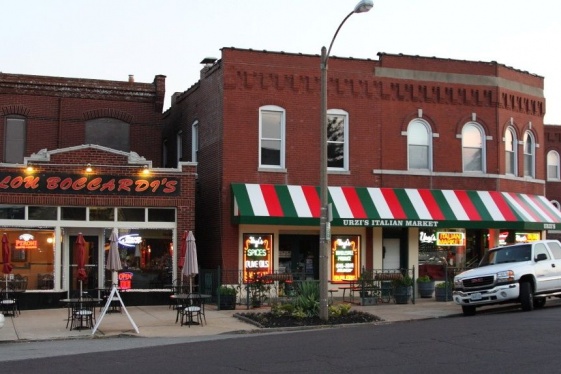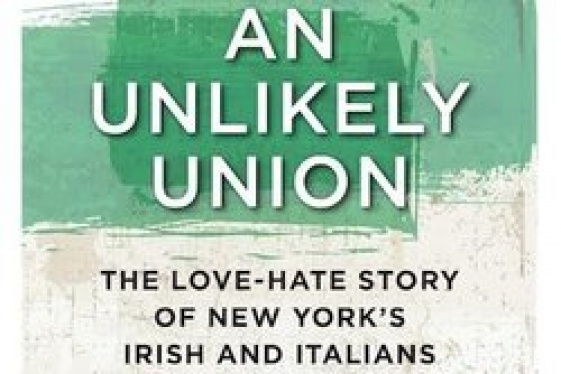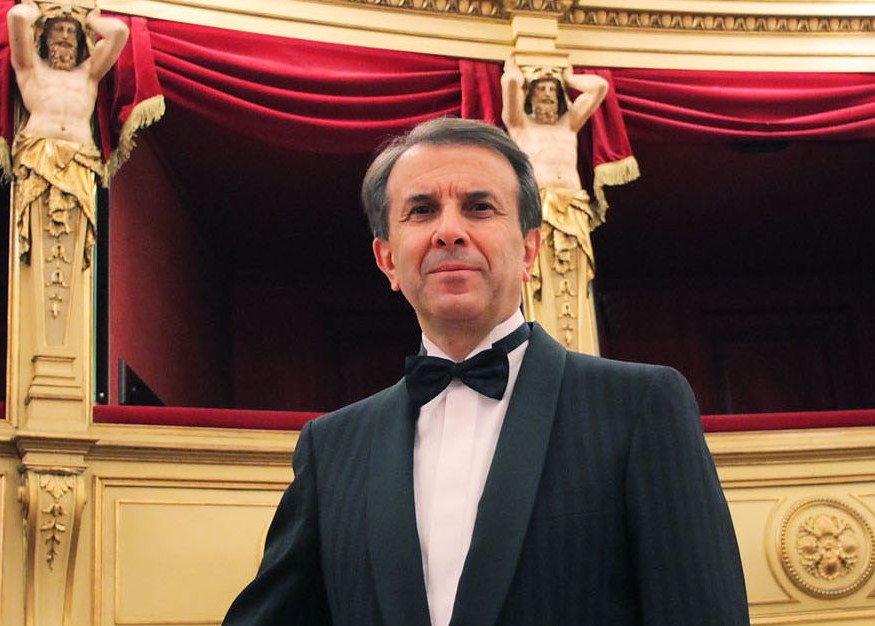
Claudio Orazi (Author of the book "A bridge of music. Itineraries of Italian Opera in America")
Un ponte di musica. Itinerari dell’Opera italiana in America

Un ponte di musica. Itinerari dell’Opera italiana in America is a beautiful book edited by Claudio Orazi, now Superintendent of the Teatro Carlo Felice in Genoa after having led some of Italy's most important opera houses: the Sferisterio in Macerata, the Arena in Verona, the Teatro Verdi in Trieste and the Teatro Lirico in Cagliari. The book is in Italian with facing English translation and tells the story of Italian opera in the United States.
We are pleased to welcome Claudio Orazi to We the Italians, and we ask him to better describe this volume and through it a fundamental factor in the evolution and diffusion of Italian culture in America through an excellence that also represented a redemption for the many Italians who emigrated to America and were discriminated against there, the very ones who came from a country so strongly steeped in so many cultural aspects later so appreciated in the United States, including through music and opera.
Mr. Orazi, you are the editor and co-author of “Un Ponte di musica. Itinerari dell’Opera italiana in America” (A Bridge of Music. Itineraries of Italian Opera in America.) How did you have the idea for this book?
Un Ponte di Musica represents the synthesis of the research and production experiences I undertook when I was superintendent of the Teatro Lirico di Cagliari in the furrow of cultural relations between Italy and the United States. These are relationships born and matured through Opera, still a primary factor of national identity for Italians living overseas. In this journey I have availed myself of influential scholars, who on various disciplinary fronts have brilliantly declined the themes to be explored.
I’d like to follow the book's table of contents to ask you about some important topics contained in your work. I would start with your essay, entitled «E l’Opera Italiana ancor trionferà!» (And Italian Opera will still triumph!)
The words that give my essay its title are taken from L’Ape musicale, the opera-pastiche that the great Venetian poet and playwright Lorenzo Da Ponte, universally known as Wolfgang Amadeus Mozart's librettist and later emigrated to America in the early 19th century, staged at the Park Theatre in New York in April 1830. It is a cry of hope made uttered by one of the story's protagonists, impresario Don Nibbio, who found himself operating in a new world and still unfamiliar with Italian opera, where the autobiographical tone is evident.
To make this line my own has meant, in short, to begin to retrace that "bridge" thrown precisely almost two hundred years ago by Lorenzo Da Ponte, who improvised himself at the time also as an impresario in order to root our great musical tradition in America. And the facts proved him right.
Paolo D'Achille's essay is called «I libretti d’opera come veicolo per la diffusione dell’italiano nel mondo» (Opera librettos as a vehicle for the spread of Italian in the world)...
Paolo D'Achille, current Vice President of the Accademia della Crusca (one of the most prestigious linguistic institutions in Italy and the world, founded in Florence in 1583, brings together scholars and experts in linguistics and philology of the Italian language), is one of Italy's leading linguists and has been studying for many years the diffusion of Italian into the world precisely through the language of opera. And that is exactly what Da Ponte, who was awarded the first chair of Italian Literature in America at Columbia College, today's Columbia University, intuited at the time.
Both Barbara Faedda's essay and Francesco Zimei talk about Lorenzo Da Ponte: the latter also tells the story of the first Italian opera conceived on American soil, “L’ape musicale di New York”
Francesco Zimei has entered, both musically and 'ideologically', into the very mechanisms of the opera I mentioned before by going so far as to reconstruct it philologically on my behalf starting from the only surviving source, namely the printed libretto. In this regard, I am particularly proud to have had it premiered in modern performance precisely in New York City, in the prestigious setting of Columbia University's Low Memorial Library, on October 15, 2018.
Then there is Emanuele Senici's essay that deals with a really important aspect, «Puccini e la nuova frontiera. La fanciulla del West tra Italia e California» (Puccini and the New Frontier. La fanciulla del West between Italy and California)
La fanciulla del West, the subject of a co-production of ours that has enjoyed wide acclaim on both sides of the Atlantic, constitutes precisely the most famous and authoritative pillar of the bridge built between Italy and America in the name of opera. A genre now so deeply rooted in the New World, not only in Italian-speaking communities, that it has not only thrived on imported successes but has also begun to exploit exquisitely American plots such as David Belasco's drama, steeped in operatic rendering even with specific musical quotations such as an old U.S. Navy anthem, The Star-Spangled Banner.
Marco Targa deals with another great Italian composer, Respighi: «Musica dal Nuovo Mondo. Ottorino Respighi negli States» (Music from the New World. Ottorino Respighi in the States)
Indeed, the fortunes of Italian opera automatically become the fortunes of its composers. The great Puccini success that matured in the early 20th century was by no means an isolated case. Particularly significant is the case of Ottorino Respighi, whose rediscovery of La campana sommersa we promoted, which triumphed in 1928 at the Metropolitan and today has triumphed again in one of our co-productions at the New York City Opera. His compositions have been on American billboards for more than a century and often, even on the symphonic side, offer a justly celebrated image of Italy.
The book also contains two testimonials, I am intrigued by Martin Scorsese's: can you summarize what it says?
I am particularly grateful to Martin Scorsese for being willing to share our cultural ideals by accepting the role of host in Provenance Productions' documentary The Oratorio. This film, which has already had a large audience on American TV and will hopefully soon be distributed in Italy as well, recounts another important initiative carried out in New York City by the institution I presided over in the days when we were on the bill at Columbia University with L’Ape musicale: the rediscovery and first modern performance of the Oratorio for the Benefit of the Orphan Asylum, a benefit concert given in June 1826 in the old St. Patrick's Cathedral in Little Italy. by the Italian opera company directed by Manuel García, featuring the very young Maria Malibran, to raise funds for the Catholic orphanage.
Scorsese, who was born and raised in that very neighborhood, made himself a magnificent interpreter of the feelings of identity and resilience that great Italian music has always evoked in our overseas community.
The book also contains wonderful set photographs, what do they describe?
The photographic apparatus is the natural pendant of the scholarly essays that substantiate the volume. They are the outstanding visual records of the performances we have produced, in Italy and in America, under the banner of this Ponte di Musica.
You are now the Superintendent of the Teatro Opera Carlo Felice Genova, a city that by the way has a privileged relationship with the United States since it was the birthplace of Christopher Columbus. I know that you have future projects involving precisely the United States, on which we would be very happy to help....
In fact, my arrival in Genoa, a privileged land in relations with the New World also for having been the main port of embarkation in our migratory affair, is the best incentive to continue in the direction taken. The prospects are important and wide-ranging, just like the historical repertoire to be rediscovered and brought to the stage. Without forgetting the new proposals, because if opera in the last two centuries has taken root and thrived in America giving the best image of our country it is also due to the ability of our composers, librettists, directors and set designers to keep up with the times, often dictating in first person the line to follow.
You may be interested
-
'Phantom Limb': A Conversation With Dennis...
Dennis Palumbo is a thriller writer and psychotherapist in private practice. He's the auth...
-
“The Hill” St. Louis’ Little Italy
When the fire hydrants begin to look like Italian flags with green, red and white stripes,...
-
1st Annual Little Italy Cannoli Tournament
Little Italy San Jose will be hosting a single elimination Cannoli tournament to coincide...
-
2015 scholarship competition
The La Famiglia Scholarship committee is pleased to announce the financial aid competition...
-
30th Annual Art Holiday Walk, Winter Winter...
Holiday walk hours Friday, 12/5 noon-9pm, Saturday ,12/6 noon-9pm Sunday, 12/7 noon-6pm. S...
-
An Unlikely Union: The love-hate story of Ne...
Award-winning author and Brooklynite Paul Moses is back with a historic yet dazzling sto...
-
Cathedral of St. John the Divine, Oratorio S...
For the first time ever, The Cathedral of St. John the Divine, in collaboration with the O...
-
Davide Gambino è il miglior "Young Italian F...
Si intitola Pietra Pesante, ed è il miglior giovane documentario italiano, a detta della N...





